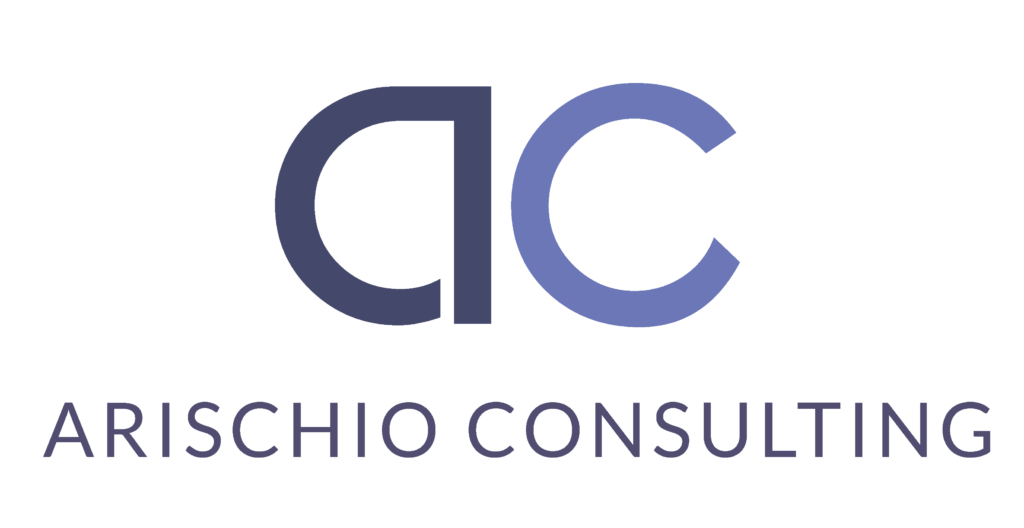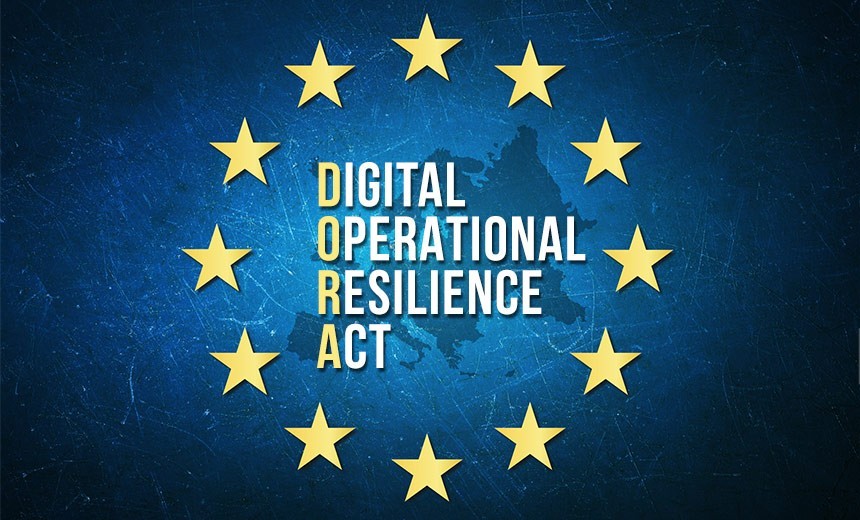Introduction:The Digital Operational Resilience Act (DORA) is a significant regulatory framework set to come into effect in January 2025, focusing on strengthening the digital operational resilience of entities in the financial sector within the European Union.
For small entities, navigating DORA’s requirements presents unique challenges.
Understanding DORA: DORA aims to ensure that all entities in the financial sector, including small firms, can withstand, respond to, and recover from ICT (Information and Communication Technology) related disruptions and threats. This regulation mandates:
- ICT Risk Management: Establish comprehensive and proactive ICT risk management frameworks.
- Incident Reporting: Implement robust mechanisms for immediate incident reporting.
- Digital Operational Resilience Testing: Regularly test and assess the effectiveness of digital resilience measures.
- Managing Third-Party Risk: Monitor and manage risks associated with ICT third-party service providers.
- Information Sharing: Facilitate sharing of cyber threat information and intelligence among financial entities.
The key challenges to rollout: Implementing the Digital Operational Resilience Act (DORA) poses several challenges, particularly for entities within the financial sector. These challenges stem from the comprehensive nature of the regulation, which demands significant adjustments in terms of technology, processes, and governance. Key challenges include:
- Resource Constraints: Smaller entities may face limitations in terms of financial and human resources. Implementing DORA’s requirements, which include sophisticated ICT risk management frameworks and resilience testing, can be resource-intensive.
- Complexity in Compliance: DORA encompasses a broad range of requirements, from risk management to incident reporting and third-party risk management. Understanding and interpreting these requirements can be complex, especially for entities without a dedicated compliance team.
- Technology Upgradation and Integration: Ensuring that existing ICT systems are resilient and compliant with DORA might require significant technological upgrades or integration of new solutions, which can be technically challenging and costly.
- Third-Party Risk Management: Many financial entities rely on third-party service providers for critical ICT services. Assessing and managing the risks associated with these providers in line with DORA’s standards can be a complicated and ongoing process.
- Incident Reporting and Data Management: Establishing a robust mechanism for incident reporting, as required by DORA, entails both technical solutions and procedural frameworks. Additionally, managing and protecting the data involved in these processes can be challenging.
- Staff Training and Cultural Shift: Creating awareness and understanding of DORA across all levels of the organization is crucial. This requires comprehensive training and, in some cases, a shift in organizational culture to prioritize digital resilience and compliance.
- Keeping Pace with Evolving Cyber Threats: Cyber threats are constantly evolving, requiring entities to continuously update their risk management strategies and resilience measures to remain compliant with DORA’s dynamic standards.
- Cross-Border Compliance Issues: For entities operating in multiple jurisdictions, aligning the DORA requirements with other international regulations can be complex, often necessitating a nuanced approach to compliance.
- Budgeting and Financial Planning: Allocating adequate budget for DORA compliance, including potential costs for technology upgrades, consulting services, and ongoing maintenance, can be a significant challenge, particularly for smaller entities.
- Continuous Monitoring and Improvement: DORA is not a one-time compliance project but requires ongoing monitoring, testing, and improvement of digital operational resilience measures, which demands continuous effort and resources.
Preparation Steps for Small Entities:
- Gap Analysis: Conduct a thorough assessment of your current ICT infrastructure and policies to identify gaps relative to DORA requirements.
- Risk Management Framework Enhancement: Develop or enhance ICT risk management frameworks that align with DORA’s standards.
- Incident Response Planning: Establish or update incident response plans to ensure rapid and effective action in the event of an ICT disruption.
- Resilience Testing: Plan and execute regular testing of digital resilience (e.g., cyber-attack simulations, recovery plan testing).
- Vendor Management Strategy: Review and manage the risks associated with third-party ICT service providers.
- Staff Training and Awareness: Enhance staff awareness and training on ICT risks and DORA compliance requirements.
- Documentation and Reporting: Ensure proper documentation processes are in place for compliance reporting and incident management.
How Arischio Consulting Can Help To Address The Challenges:
- Customized Consultancy: Offering tailored guidance on DORA compliance, particularly catering to the specific needs and scale of small entities.
- Risk Assessment Services: Conducting comprehensive risk assessments to identify and mitigate potential vulnerabilities in your ICT infrastructure.
- Framework Development: Assisting in the development or enhancement of ICT risk management frameworks and incident response plans.
- Training and Workshops: Providing specialized training sessions and workshops for staff at all levels to foster a culture of risk awareness and compliance.
- Third-Party Risk Management: Offering expertise in managing and mitigating risks associated with third-party ICT service providers.
- Compliance Audits and Testing: Conducting audits and resilience testing to ensure ongoing compliance with DORA requirements.
- Continuous Support and Advisory: Providing ongoing support and advisory services to navigate the evolving regulatory landscape and maintain resilience against emerging ICT threats.
Conclusion: DORA presents both challenges and opportunities for small entities in the financial sector. By starting early and adopting a structured approach to compliance, these entities can not only meet regulatory requirements but also strengthen their overall operational resilience. Arischio Consulting is committed to partnering with you on this journey, providing expert guidance and support every step of the way. Please get in touch for an initial chat.


